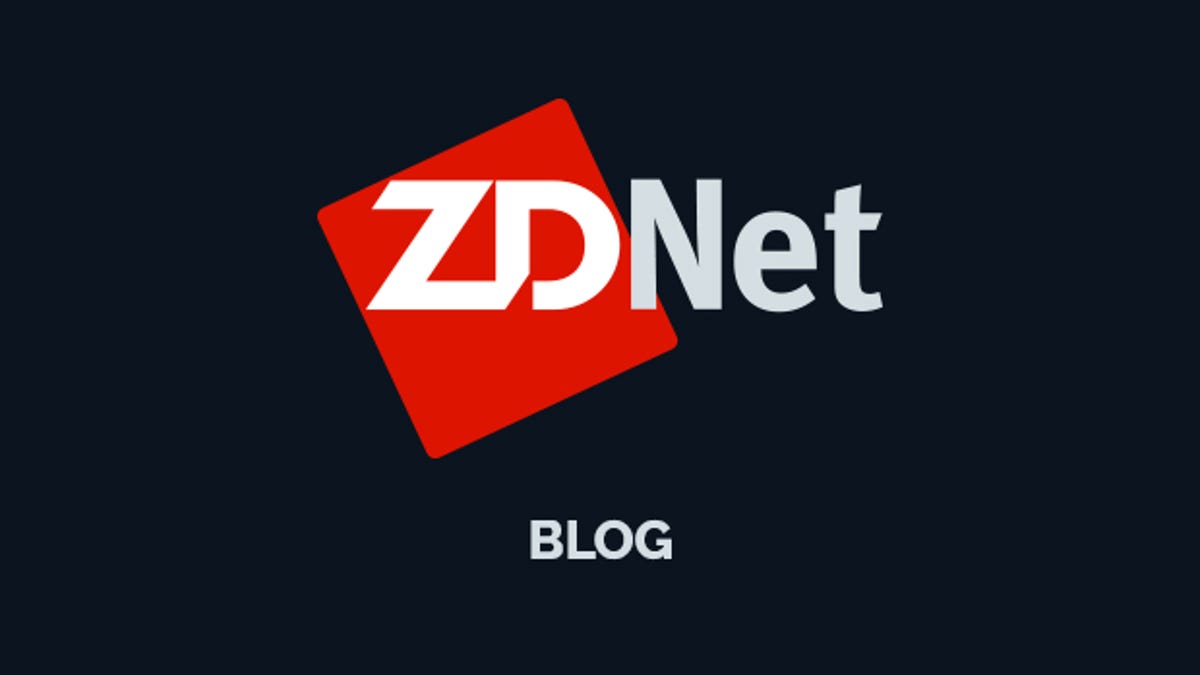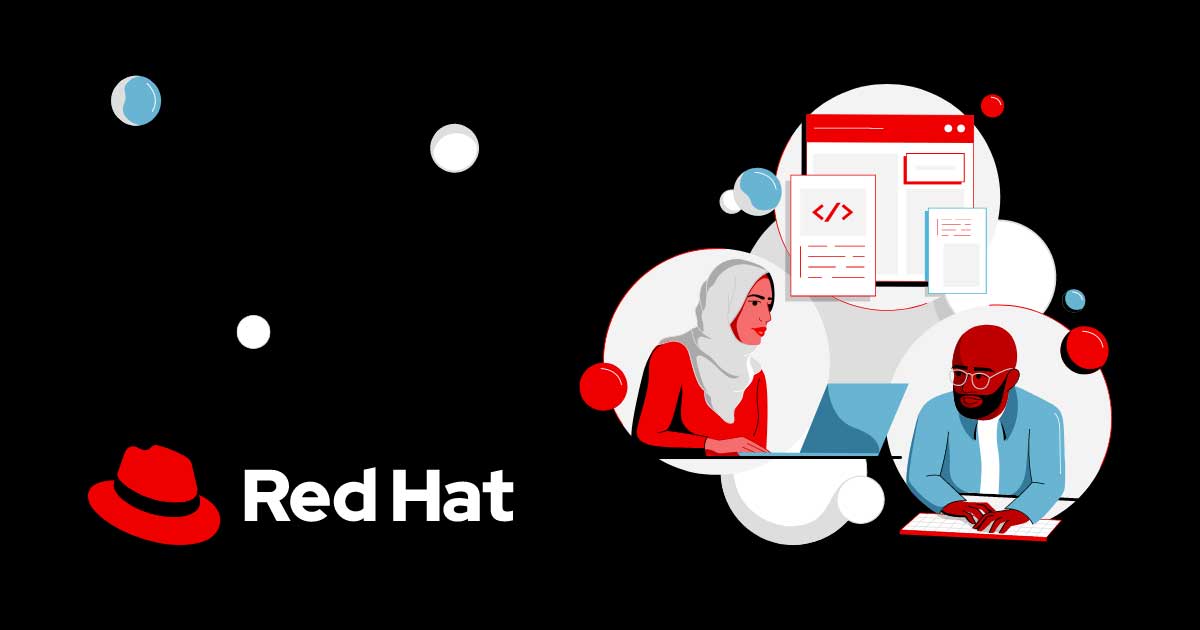Originally posted by Pawlerson
View Post
As for Gentoo, I tend to be all over the place, although the majority of the things that I do involve the kernel in some way. The most of the time that I spend on kernel stuff is spent on ZFSOnLinux, although I touch other areas too. Yesterday, I spent some time with another Gentoo developer on Nouveau reclocking support. In specific, we are now able to reclock both desktop and laptop versions of the NV92. The patch is not ready for upstream yet though.






Comment